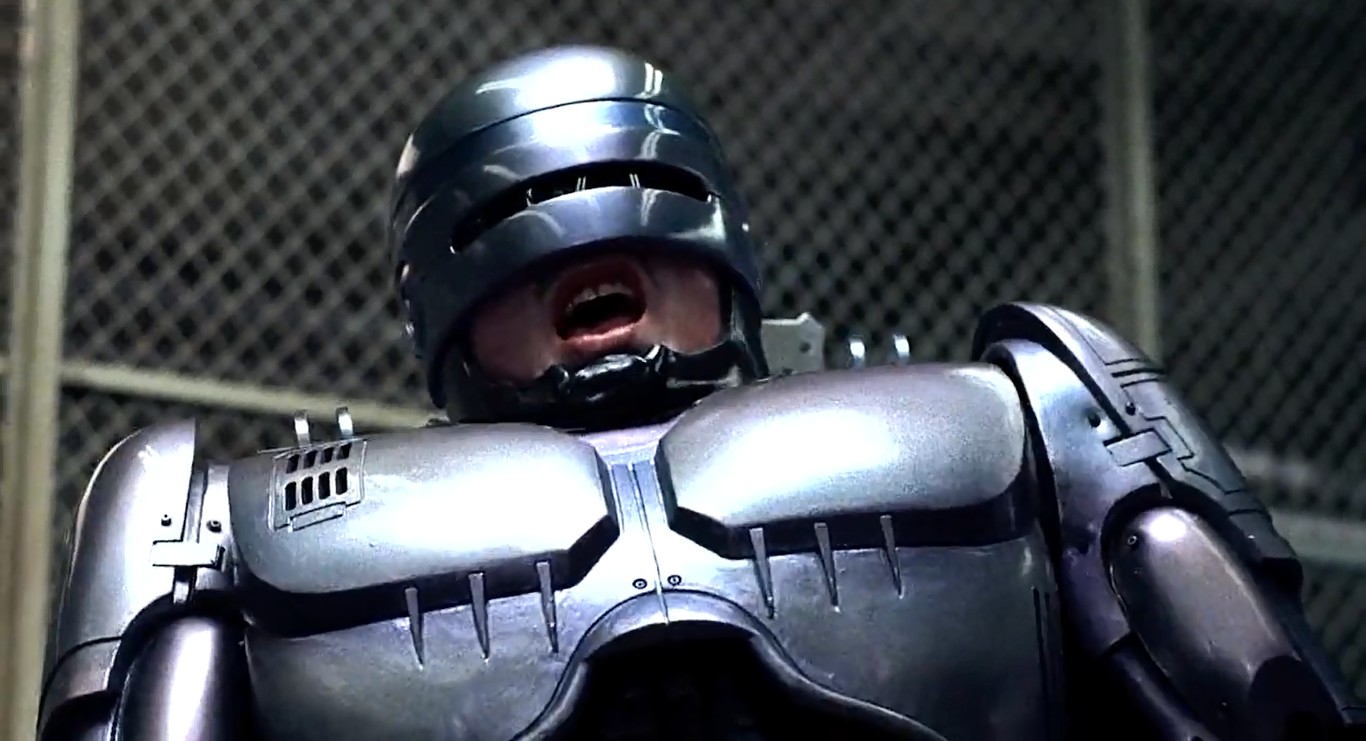It’s logical if not desirable that war becomes more automated, since it only takes one nation pursuing the dream of a robot army to detonate a new arms race. I’ve thought more about weapons systems discrete from human beings than I have about enhanced soldiers, but the U.S. Army Research Laboratory has already given great consideration to the latter. The recent report “Visualizing the Tactical Ground Battlefield in the Year 2050” imagines fewer of us going into battle but those that do being “super humans” augmented by exoskeletons, implants and internal sensors. It certainly ranges into what currently would be considered sci-fi territory.
From Patrick Tucker at Defense One:
People, too, will be getting a technological upgrade. “The battlefield of the future will be populated by fewer humans, but these humans would be physically and mentally augmented with enhanced capabilities that improve their ability to sense their environment, make sense of their environment, and interact with one another, as well as with ‘unenhanced humans,’ automated processes, and machines of various kinds,” says the report.
What exactly constitutes an enhanced human is a matter of technical dispute. After all, night-vision goggles represent a type of enhancement, as does armor. The military has no problem discussing future plans in those areas, but what the workshop participants anticipate goes well beyond flak jackets and gear. …
The report envisions enhancement taking several robotic steps forward. “To enable humans to partner effectively with robots, human team members will be enhanced in a variety of ways. These super humans will feature exoskeletons, possess a variety of implants, and have seamless access to sensing and cognitive enhancements. They may also be the result of genetic engineering. The net result is that they will have enhanced physical capabilities, senses, and cognitive powers. The presence of super humans on the battlefield in the 2050 timeframe is highly likely because the various components needed to enable this development already exist and are undergoing rapid evolution,” says the report.•
Tags: Patrick Tucker

